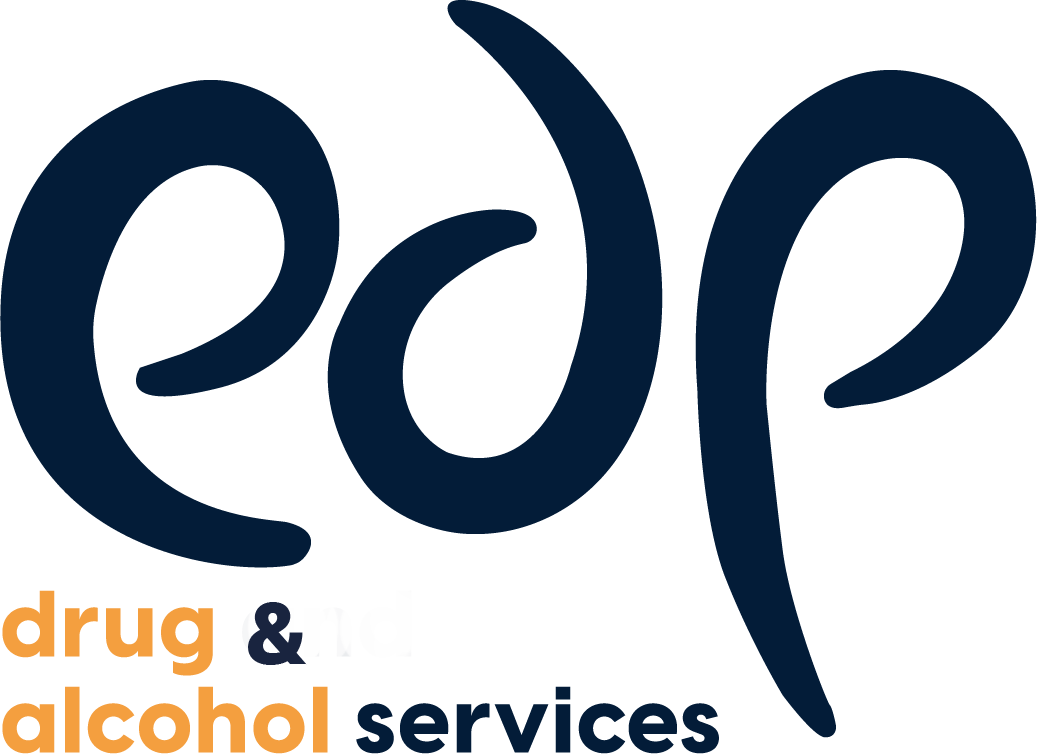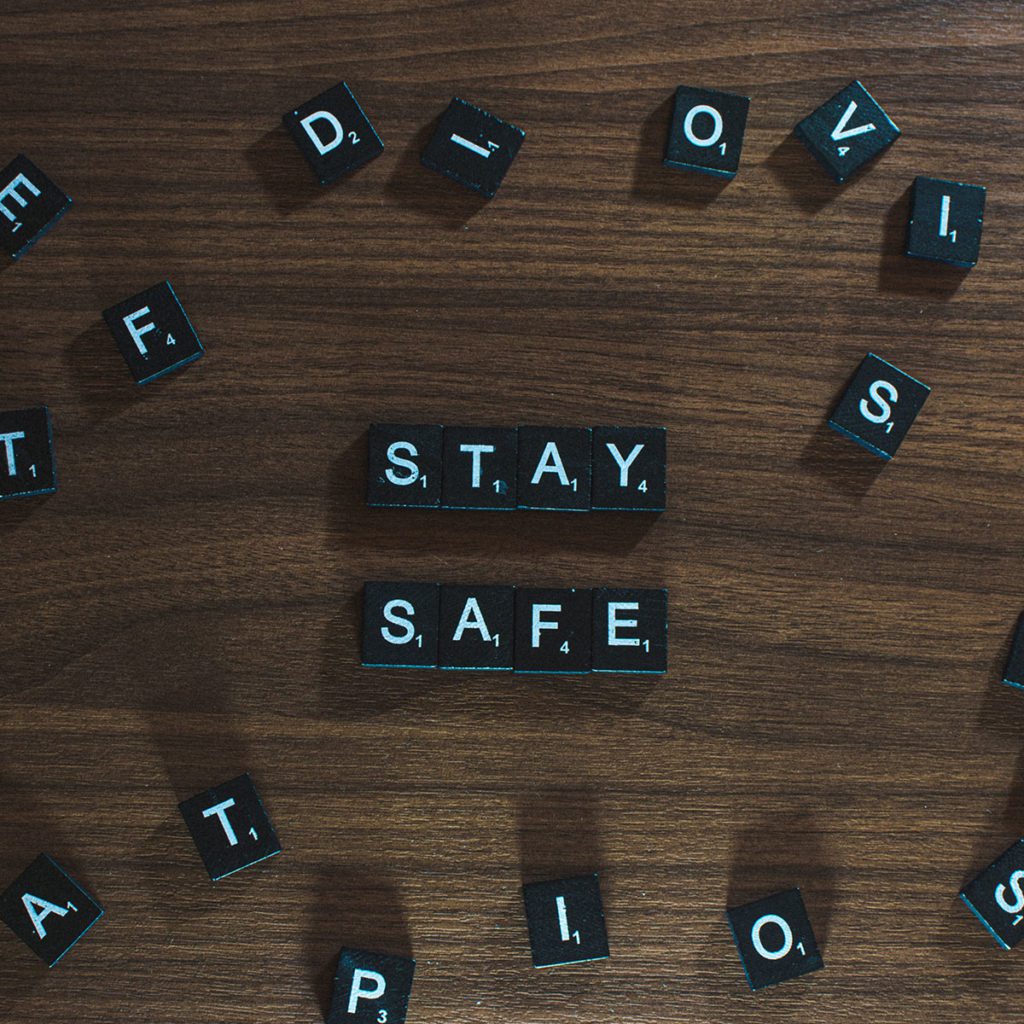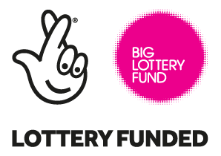If you are worried about your drinking and want to make some positive changes, we’re here to help.
You will feel the benefits of reducing or cutting out drinking almost immediately. You don’t need to go teetotal to feel the benefits of drinking less because any reduction in the amount you drink every week will be beneficial.
You’ll feel happier, healthier and more connected with your life. With the right help, it’s easier than you think.
The safest way to achieve what you want, whether it’s drinking less or stopping drinking altogether, is to taper down your drinking. You should not cut everything out all at once as this can be dangerous to your health. We have put together some ideas, taken directly from conversations with service users:
You could begin by:
- Telling your family and friends what you are doing. If they know that you’re trying to change your drinking habits, they can encourage and support you and adjust what they offer you.
- Building a quick plan – what will you do during the times that you would normally drink?
- Change your routine
- If you fall back into old ways at any time, just reset the plan and start afresh
- Speak to your GP. They’ll be able to give you advice and useful information.
- Link in with nearest alcohol service. You can search for your nearest EDP hub on our contacts page
- Join a peer support group. Most alcohol services run their own local groups or there are national organisations with local meetings like Alcoholics Anonymous (AA) or SMART Recovery.
However much you are drinking you will need to start measuring out your drinks.
The recommended maximum alcohol intake each week is 14 units. That’s around 6 medium (175ml) glasses of wine, or 6 pints of 4% beer.
Units contained are always written on the side of bottles and cans. You can use the Alcohol Change unit calculator to work out how many units of alcohol you are drinking. The calculator is available here: https://alcoholchange.org.uk/alcohol-facts/interactive-tools/unit-calculator.
Alternatively, if you wish you can calculate how many units are in a drink in the following way.
Strength of alcohol x volume in litres = number of units.
7.5% (strong cider) x 2 (for a 2 litre bottle) = 15 Units.
If you are a dependent drinker… Please don’t make any changes before reading the advice at the end of this page.
Tips for reducing at home
- Make one change and see how you get on. Then make another and so on. These small changes build toward your goals.
- Download the drinkfree app from the NHS
- Use a small wine glass for drinking and try to make it last longer than normal
- Use half pint glasses for beer
- Non-alcoholic drinks can be alternated with alcohol
- Space out the time between each drink and/or alternate alcoholic drinks with soft drinks.
- Lower alcohol content choices ie try lighter beers – under 4% ABV
- Change up your plans – social drinking doesn’t have to be the norm. On alcohol free nights, do something different so you’re not just sat around thinking about not drinking. Family walks, games nights, try out new recipes etc
- Drink free days – If you are not a dependent drinker pick some days in the week when you will go drink free and stick with it.
- Non- alcohol drinks – there are many non-alcoholic drinks on sale. Experiment a bit and see which you like.
- Stress relief – if a drink is the way you handle boredom or stress, try finding something else to do instead
- Put your glass down when not drinking it – this will slow your rate of drinking
Tips if you are going out with friends
- Avoid buying rounds and say no when people offer to buy you a drink. You are more in control when you’re in charge of what is being bought.
- Start a regular drink diary. Write down how much alcohol you’re drinking, to help you keep a record. Also keep a note of what you’re drinking, and who you’re drinking with. This will help you to understand your habits.
- Set yourself a limit, and stick to it.
- Have at least two consecutive alcohol-free days each week.
- Don’t drink on an empty stomach. Always have something to eat first.
- Have a non-alcoholic drink, like water or a soft drink, between each alcoholic one.
- Try switching to lower alcohol drinks, and drink slower.
- Try changing your social habits – pick a new hobby to work on, or organise to go out and do things that don’t involve drinking.
- If you start having cravings, a few minutes of distraction will help. There are many mindfulness or meditation apps and videos around to download or view for free. Try mini ones like this https://www.youtube.com/watch?v=c1Ndym-IsQg
- Take a look at the NHS’s wellbeing tips. They could help you feel calmer and more relaxed when you find yourself wanting a drink.
Benefits of cutting down
- feeling better in the mornings
- being less tired and more energetic
- better-looking skin
- saving money
Longer term benefits
- lower blood pressure
- lower risk of stroke, hypertension, cancer and liver disease
- lower cholesterol levels
- better mood
- Better memory
- Improved quality of sleep
- Less calories helps with weight management
For Dependent Drinkers:
If you experience withdrawal symptoms such as shaking, sweating, nausea or headache after several hours without a drink, please do not stop drinking suddenly as these signs mean that you are likely to be physically dependent and you will go into alcohol withdrawal. Withdrawal from alcohol should never be underestimated, as it can become a serious medical situation with potentially fatal consequences.
If you wish to address your drinking you can follow these steps though.
Step 1 -Start with a drinking diary
Write down each drink you have when you have it and find out how many units it has in it. Start measuring your drinks if you are drinking from a bottle of spirits or wine. Unit calculators are easily available on the Internet or via phone apps. The NHS recommends the Alcohol Chance calculator which is available here: https://alcoholchange.org.uk/alcohol-facts/interactive-tools/unit-calculator. Alternatively the % alcohol on the side of the bottle or can represents the amount of units in a litre.
Step 2 – Try to space out your drinking across the whole day for 1 week.
Try to space out your drinks, particularly in the middle of the day while keeping your drinking at the start and the end stable.
Step 3 – Stabilise at the lowest comfortable amount
Once you have stabilised your daily intake for one week, start to cut down slowly. Cut down by no more than 10% of your total units per day: tot up your total amount drunk in units per day. Then work out how much less you need to drink each day to cut down by no more than 10% per day. Ideally, cut down by 10% every five days, particularly those drinking more than 25 units per day. If you start to experience withdrawal symptoms, this means you are cutting down too rapidly. Stabilise for one week and then cut down by 5-10% each week.
DO NOT attempt to just suddenly stop drinking or to reduce your alcohol intake in bigger steps as this can cause significant withdrawal symptoms and can be dangerous.
Thiamine deficiency (vitamin B1) is common in people we support with alcohol dependence. It is therefore important that you see your GP in order that they can Prescribe Thiamine 100 mg 3 times a day. This will help prevent damage to your nervous system.
Will I need to have a detox?
If you are drinking heavily and regularly and you notice unpleasant side effects when you try to stop, then you should make contact with EDP or your nearest support service. We will support you in making the sort of reductions described in this artvcile and if necessary talk to you about whether a medically supervised detox may be the right course of action for you.
Tools:
Drink aware unit calculator – https://www.drinkaware.co.uk/tools/mydrinkaware-app
Alcohol test – https://drinkcoach.org.uk/alcohol-test-intro
Sources:
Drinkaware – https://www.drinkaware.co.uk/advice/how-to-reduce-your-drinking/how-to-cut-down-on-alcohol-at-home
NHS – https://www.nhs.uk/better-health/drink-less/
Drinkcoach – https://drinkcoach.org.uk/top-ten-tips-for-cutting-down
Addictions Providers Alliance – https://www.nhsapa.org/post/covid-19-alcohol-dependency
Enjoyed this? Check out our latest!

Dan’s Story
“One thing I can say is that I have a greater understanding and awareness of alcohol, it can be good but boy it can be

Chris’s Story
“After years of using alcohol as a coping mechanism to deal with ever-worsening mental health issues…it was time to ask for some help” Read Chris’s







